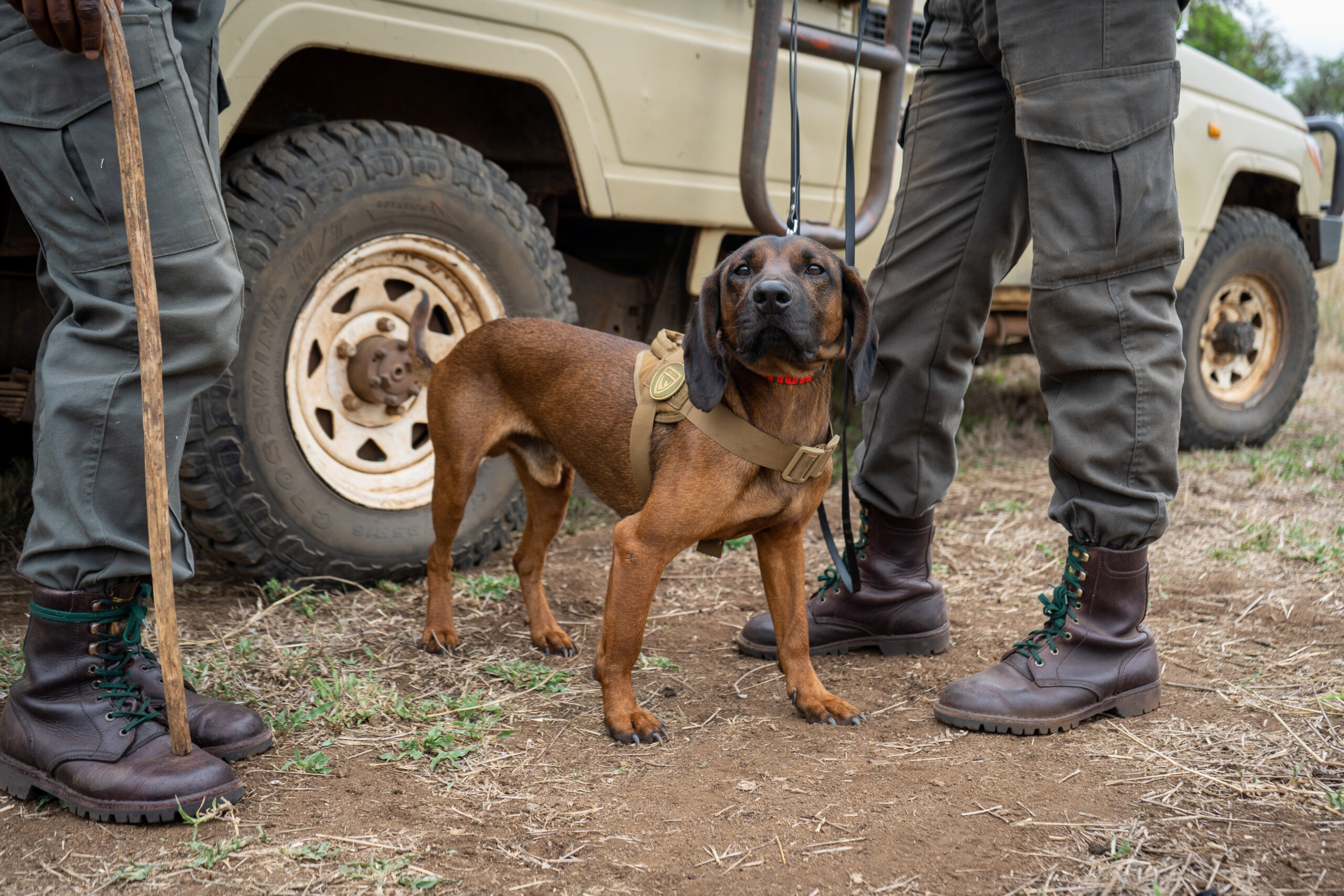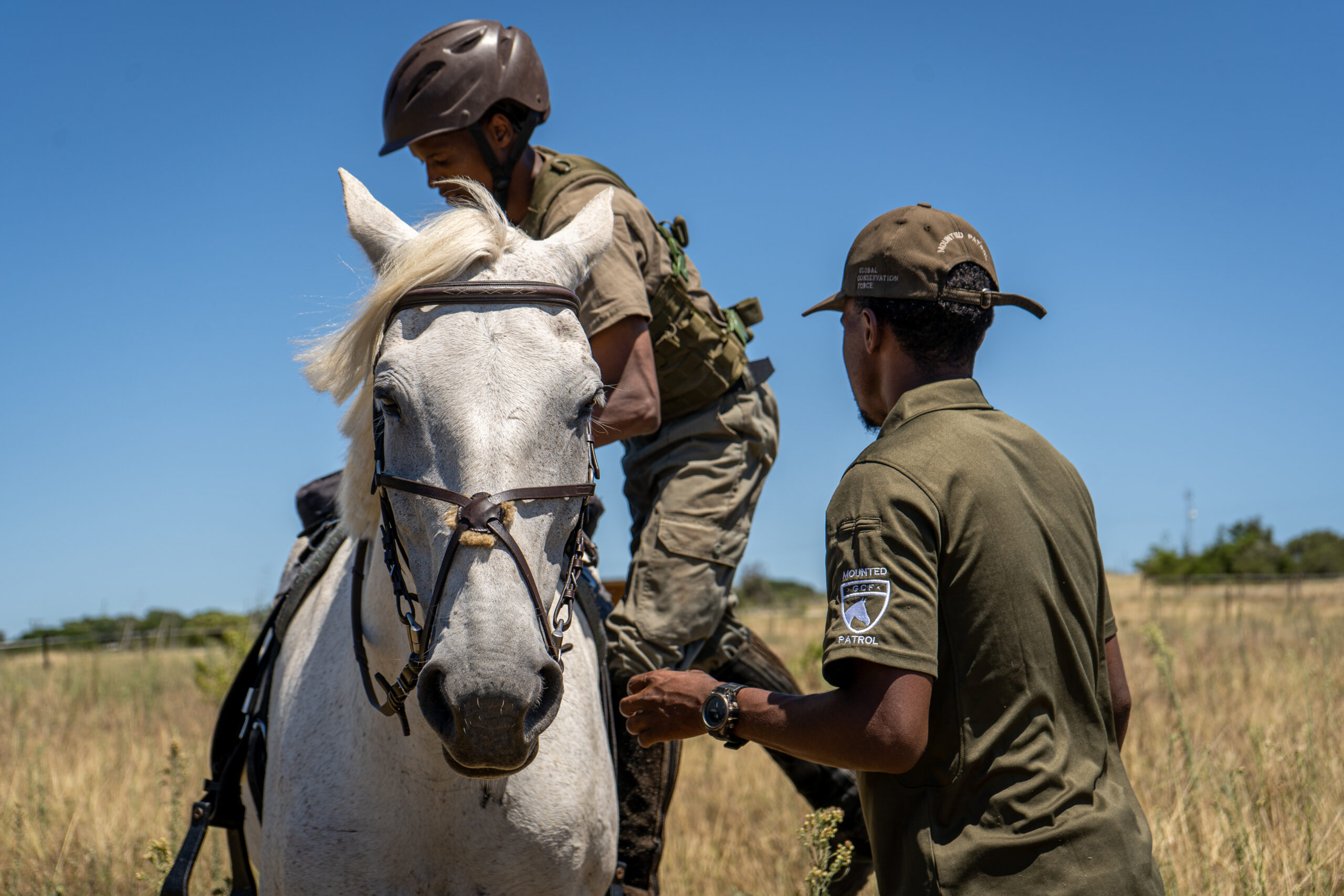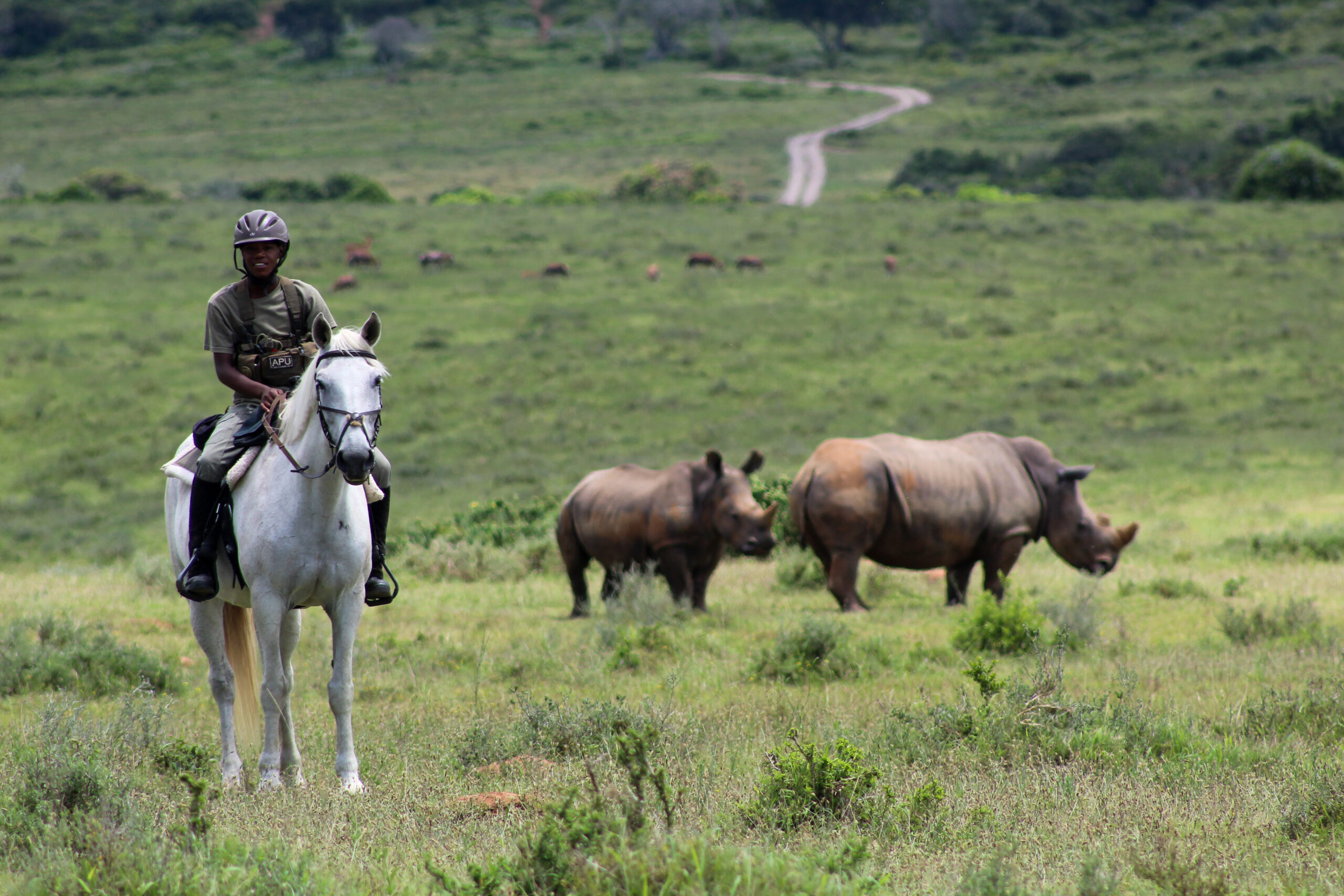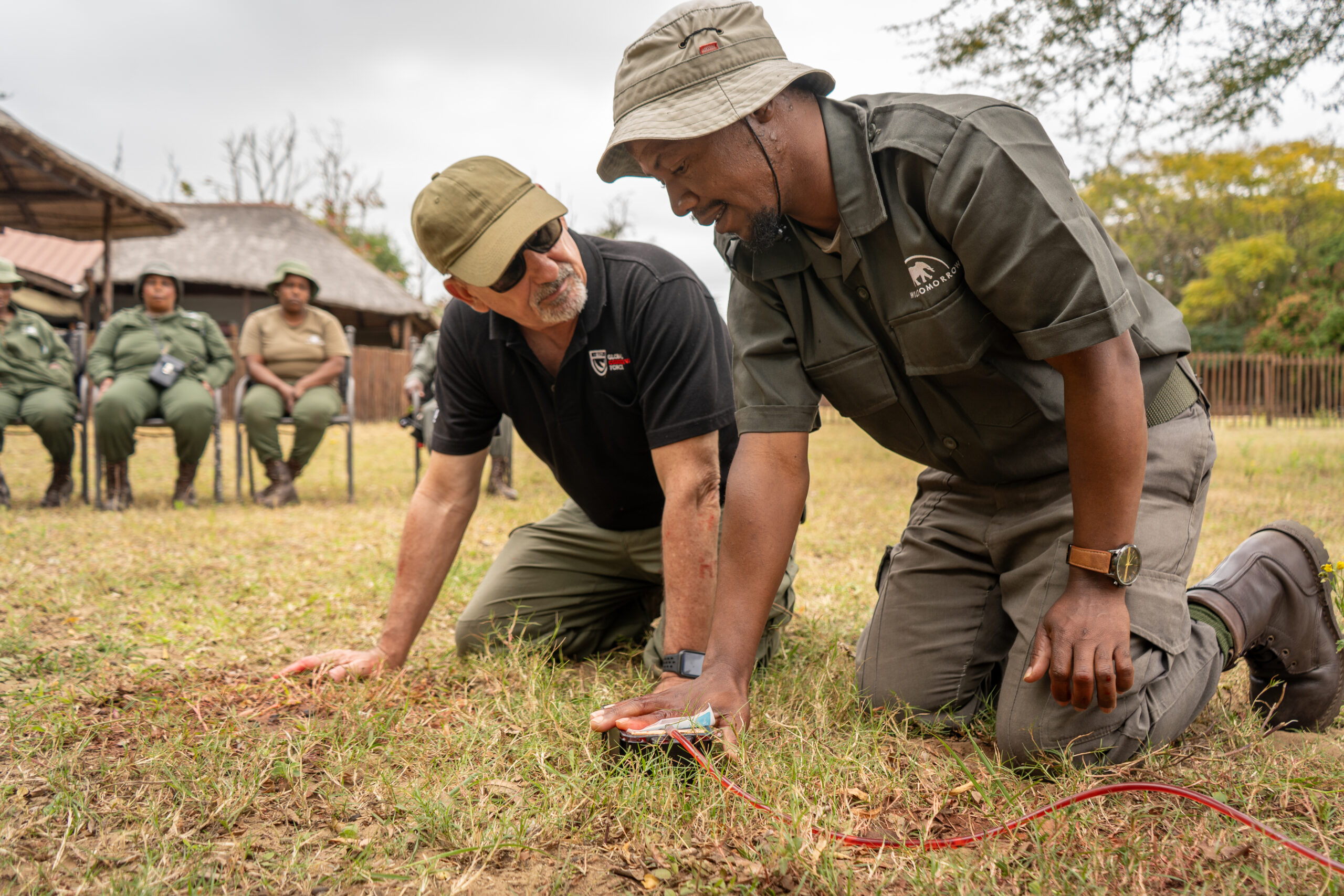
Tactical Emergency Casualty Care | South Africa

- Dates: April 21st – 28th, 2026
- Location: Hoedspruit, South Africa (Greater Kruger)
- Instructors: Chris Laursen
Global Conservation Force offers a specialized opportunity for participants to develop advanced Tactical Emergency Casualty Care (TECC) skills through immersive, scenario-based training sessions in Africa. Led by our highly experienced Lead Field Medic, Chris Laursen, this program provides hands-on experience in medical response, stabilization, and emergency evacuation techniques tailored to high-stakes environments.
This professional development program is designed for individuals seeking to enhance their capabilities in remote and challenging areas of the African bush, working alongside anti-poaching units to protect wildlife.
Program Length: 7 days | 6 nights in Hoedspruit, South Africa
Dates: April 21st – 28th, 2026
Cost: $3,000 USD per person
Includes
- Pickup from local hotel or shuttle drop off point in Hoedspruit, South Africa
- All transportation while on course
- Accommodation with wifi, showers, kitchenette, bathroom
- All training activities
- GCF Gear kit and training equipment for course
Program Highlights:
Tactical Emergency Casualty Care Fundamentals
- Comprehensive training in TECC principles tailored for field operations.
- Focus on medical response, stabilization, and trauma care in remote conditions.
Scenario-Based Training
- Immersive exercises simulating real-world emergencies in the African bush.
- Emphasis on decision-making, resource management, and situational awareness.
Emergency Evacuation Techniques
- Practical instruction in stabilization and transport under field conditions.
- Strategies for navigating the logistical challenges of remote medical care.
Collaboration with Anti-Poaching Units
- Training alongside rangers and anti-poaching teams to address conservation challenges.
- Insights into integrating medical response into wildlife protection operations.
Real-World Experience
- Exposure to the unique demands of working in remote conservation areas.
- Application of learned skills in realistic scenarios to ensure readiness.
Learning Outcomes:
- Mastery of TECC fundamentals for remote and high-stakes environments.
- Practical skills in emergency stabilization, evacuation, and trauma care.
- Enhanced ability to collaborate with anti-poaching units and conservation teams.
- Increased confidence in responding to medical emergencies in remote areas.
- Deeper understanding of the intersection between medical response and wildlife conservation.
Who Should Apply:
- Medical professionals
- Conservationists
- Tactical field personnel
- Individuals passionate about wildlife conservation and emergency response.
Participants will leave equipped with the skills and knowledge to make a meaningful impact on wildlife protection efforts while advancing their professional expertise.







